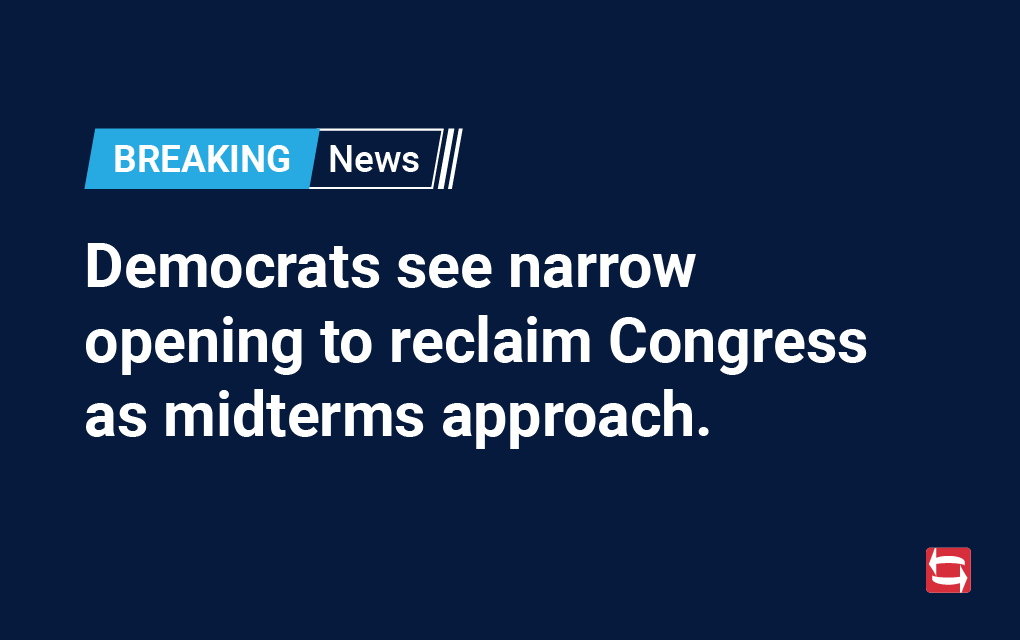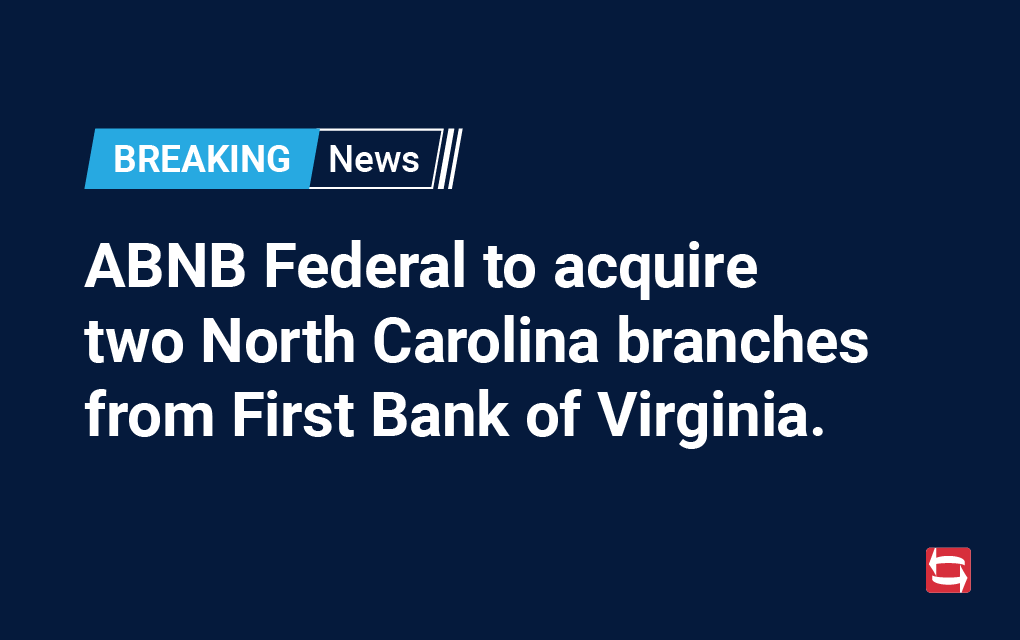
North Carolina Senate says no to proposed expansion of credit union powers
Proponents say the legislation would allow the state’s credit unions to fill in some of the gaps left behind by banks, which have pulled out of some communities.
Credit unions in North Carolina suffered a setback to efforts aiming to increase their reach across the state.
North Carolina Senators last week voted 41-1 in opposition to a proposal that would have allowed the state’s credit unions to broaden their lines of business and expand their fields of membership, Business North Carolina reported.
Senate Bill 595 passed the state’s House but was stymied in the Senate after it received strong opposition from the state’s banks.
“Anyone, anywhere in the world and any business could be a member of a North Carolina state-chartered credit union,” the North Carolina Bankers Association wrote in a post on its website.”Thus, it would effectively turn credit unions – which are supposed to serve people of modest means who share a common bond – into tax-exempt banks, with practically every possible competitive advantage without supervising, regulating, and taxing them like banks.”
Some House members share that view, according to the Business North Carolina report.
“We love our credit unions, we want them to be successful and provide the services, but if they want to become banks, they need to start paying some taxes,” said Rep. Deb Butler.
But proponents said many banks have downsized their branch networks in recent years, leaving many rural-based North Carolina residents with reduced access to in-person services.
Story continued below…
Let Freedom to Interact With Their Money Their Way Ring This Independence Day!
From instant account opening to AI-powered personalization, discover how to build a digital experience worth celebrating.
July 2nd, 2pm EST
Financial Brand Webinar
For example, Rep. Keith Kidwell, R-Beaufort, pointed out that Southern Bank this spring pulled the plug on its branch in Aurora, merging its services with a branch in New Bern, which is at least a 30-mile drive away.
Kidwell said many communities in his coastal district are banking deserts.
The bill would have granted potential credit union membership to anyone in the state who earns at or below the federal poverty threshold. Also, people residing in North Carolina census tracts where the population center is more than eight miles from a bank branch would be eligible.
“If the corporate banks want to compete, put a footprint in there and compete,” Kidwell told fellow members of the House Finance committee as they debated the bill. “If not, let’s let the credit unions do it.”
The overarching theme in North Carolina is one that has reverberated in many states across the country – banks and credit unions do not like one another.
The two primary (and related) issues causing the rift between credit unions and banks are credit unions buying banks and the credit union tax exemption.
As nonprofits, credit unions pay no federal corporate income tax. But banks say that credit unions are acting and operating more and more like banks and should be taxed as such.
Credit unions obviously disagree.
“It would effectively turn credit unions – which are supposed to serve people of modest means who share a common bond – into tax-exempt banks, with practically every possible competitive advantage without supervising, regulating, and taxing them like banks.”
– Nathan Batts
Lobbyist
North Carolina Bankers Association









